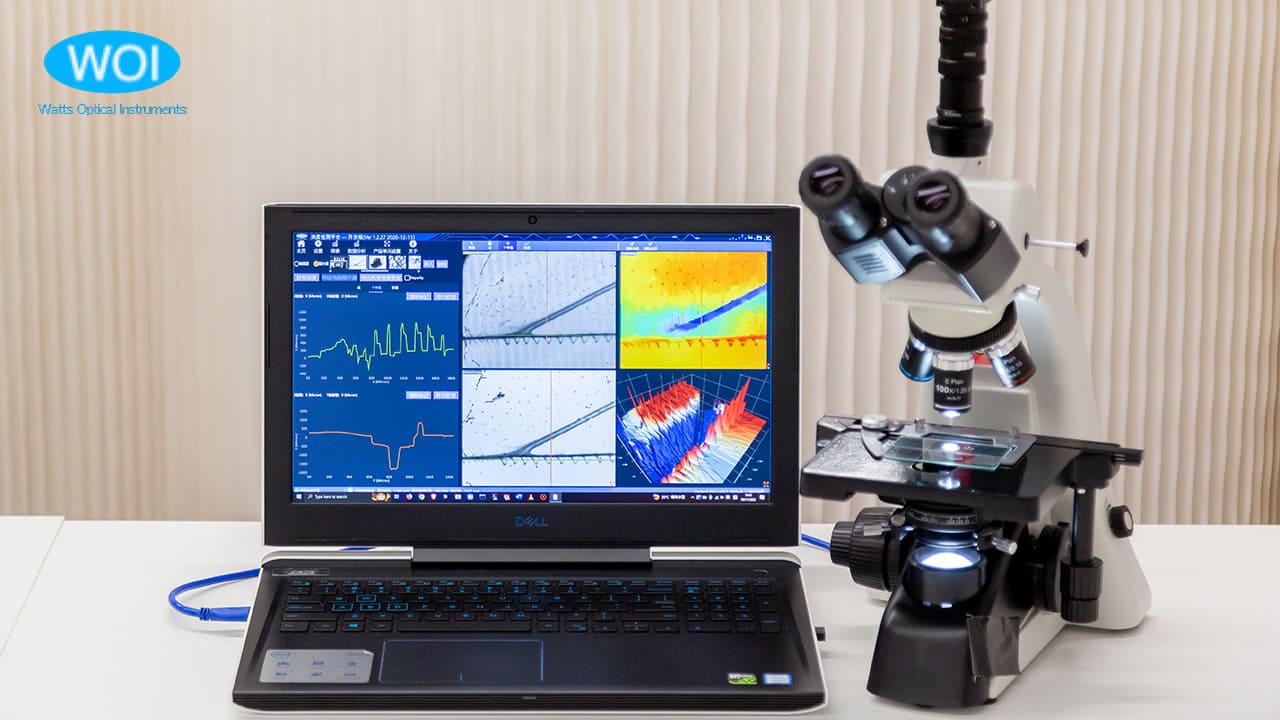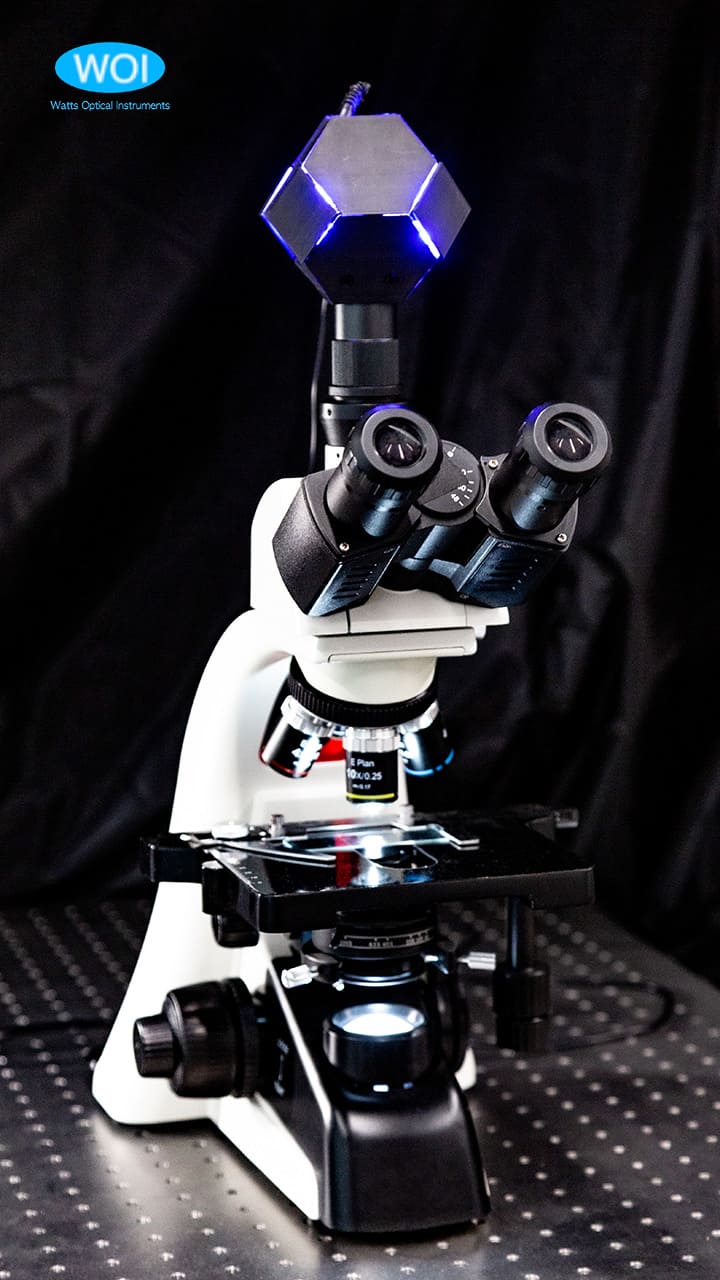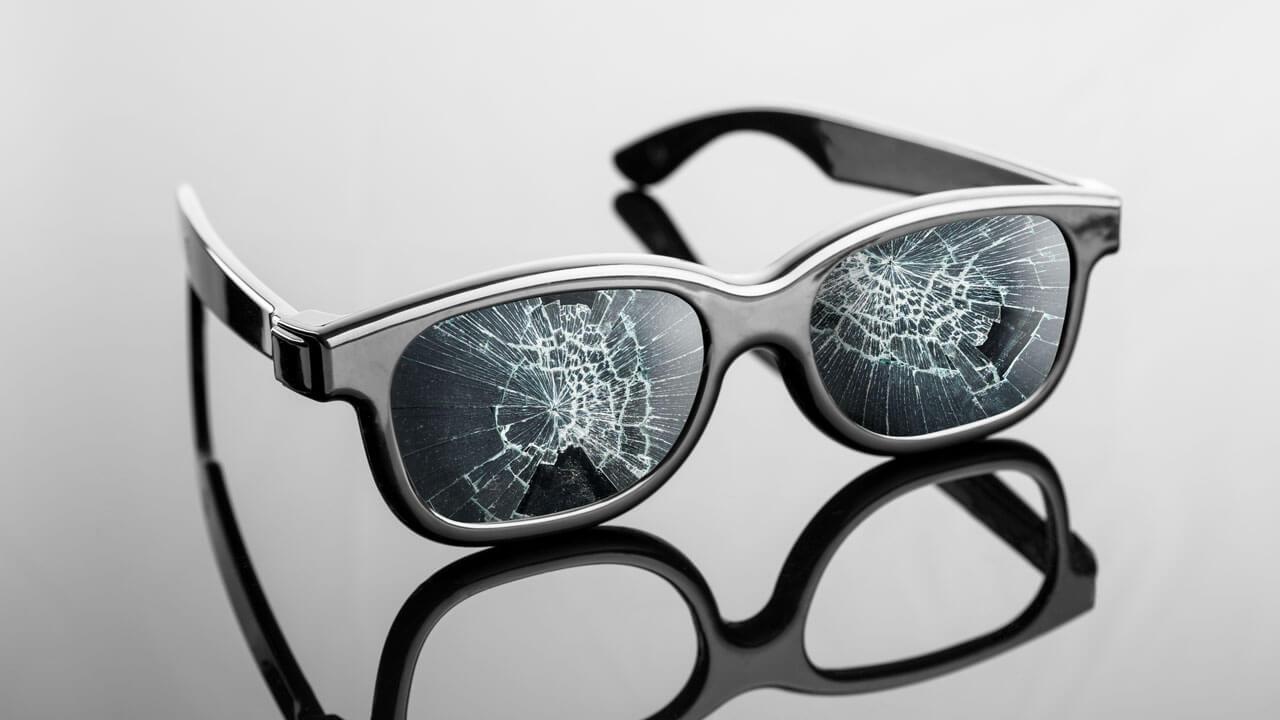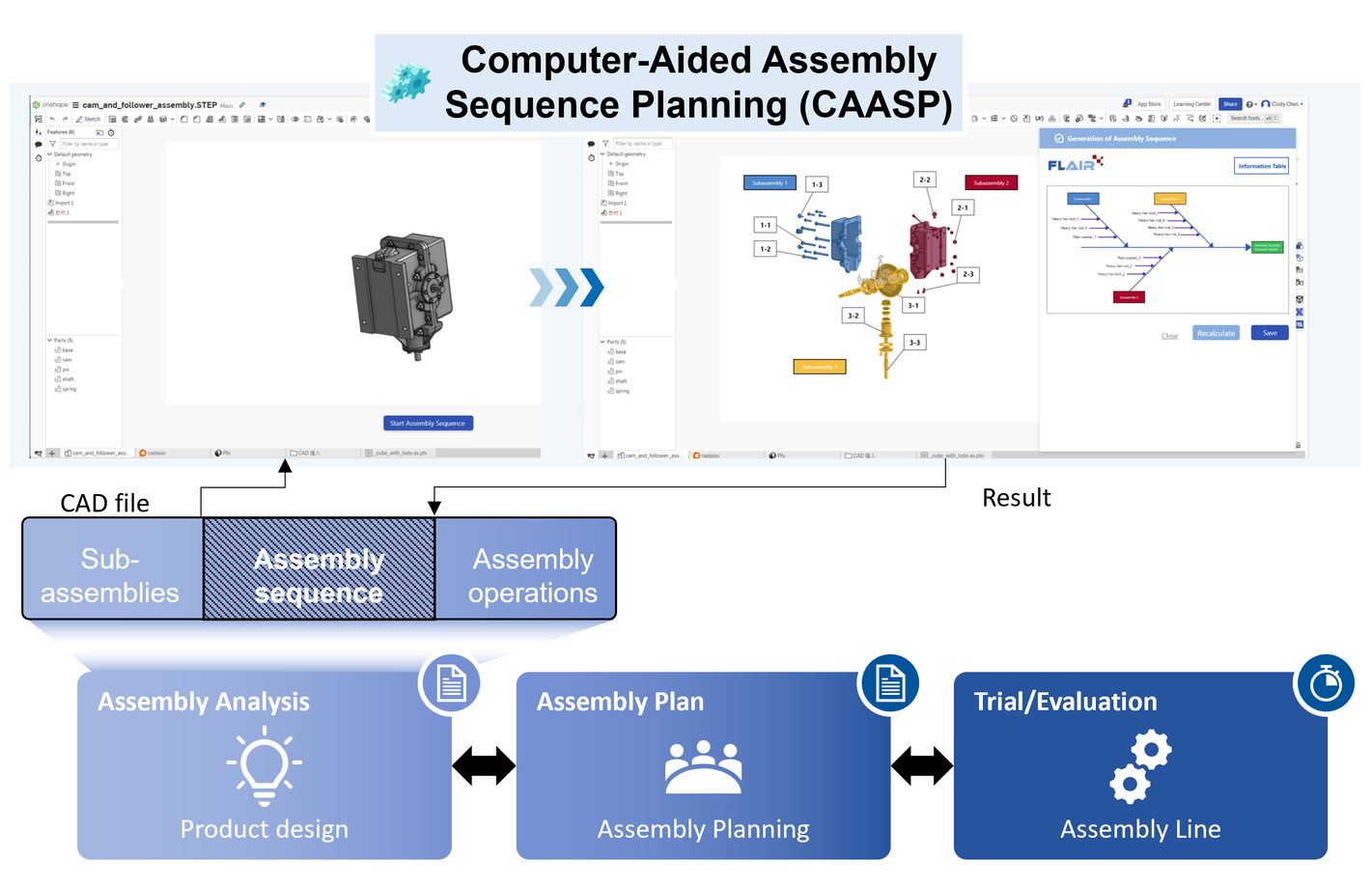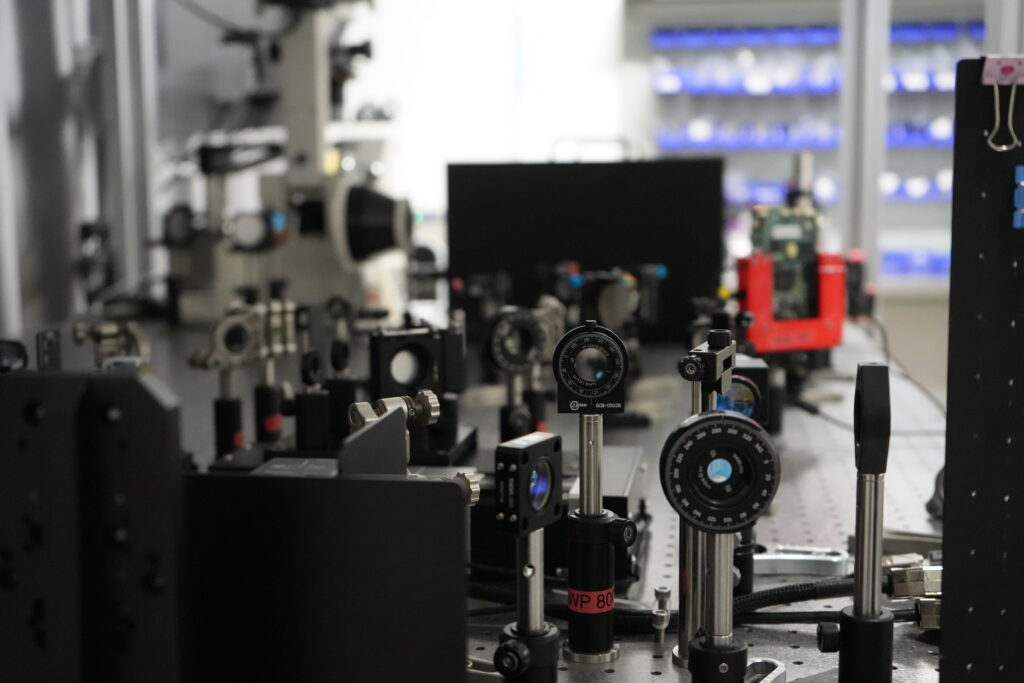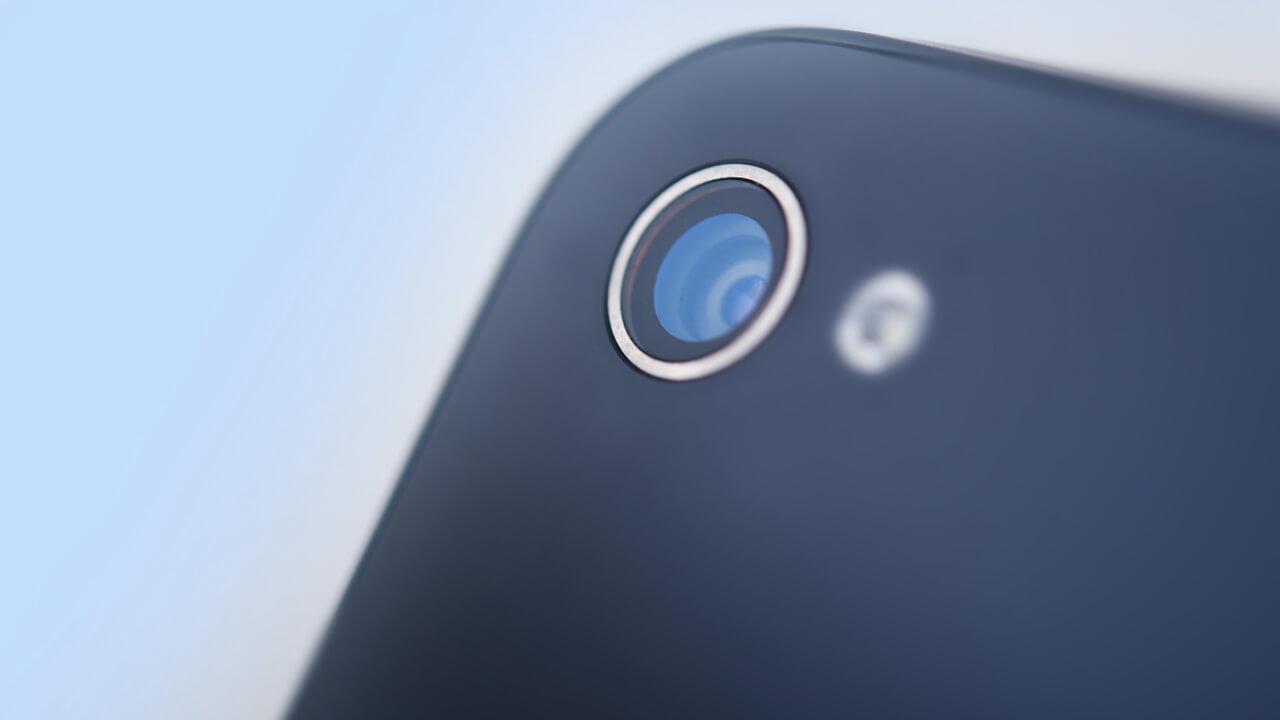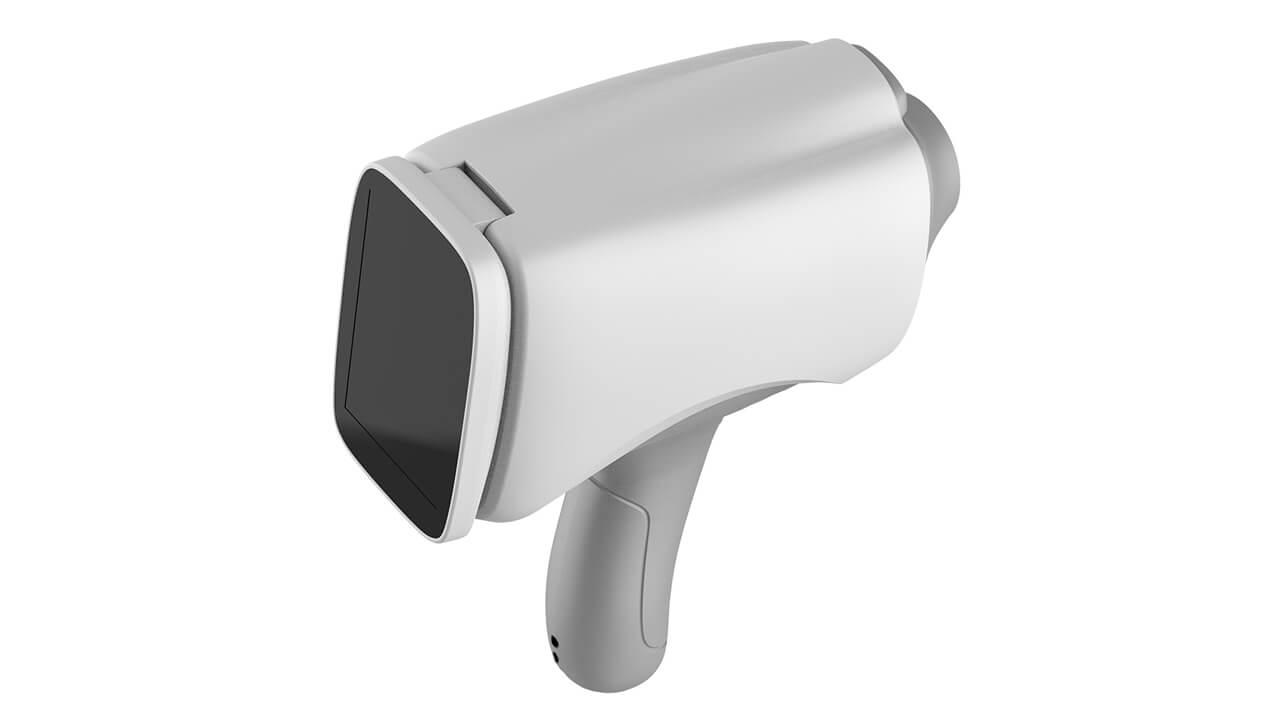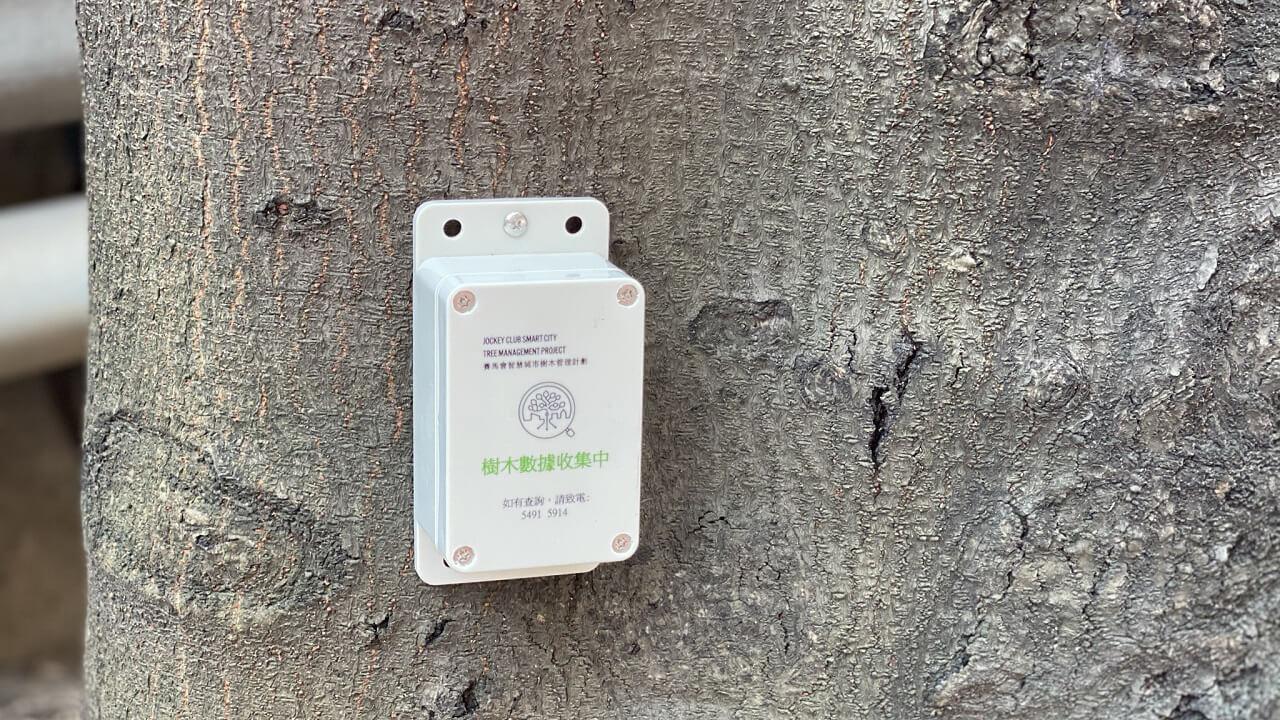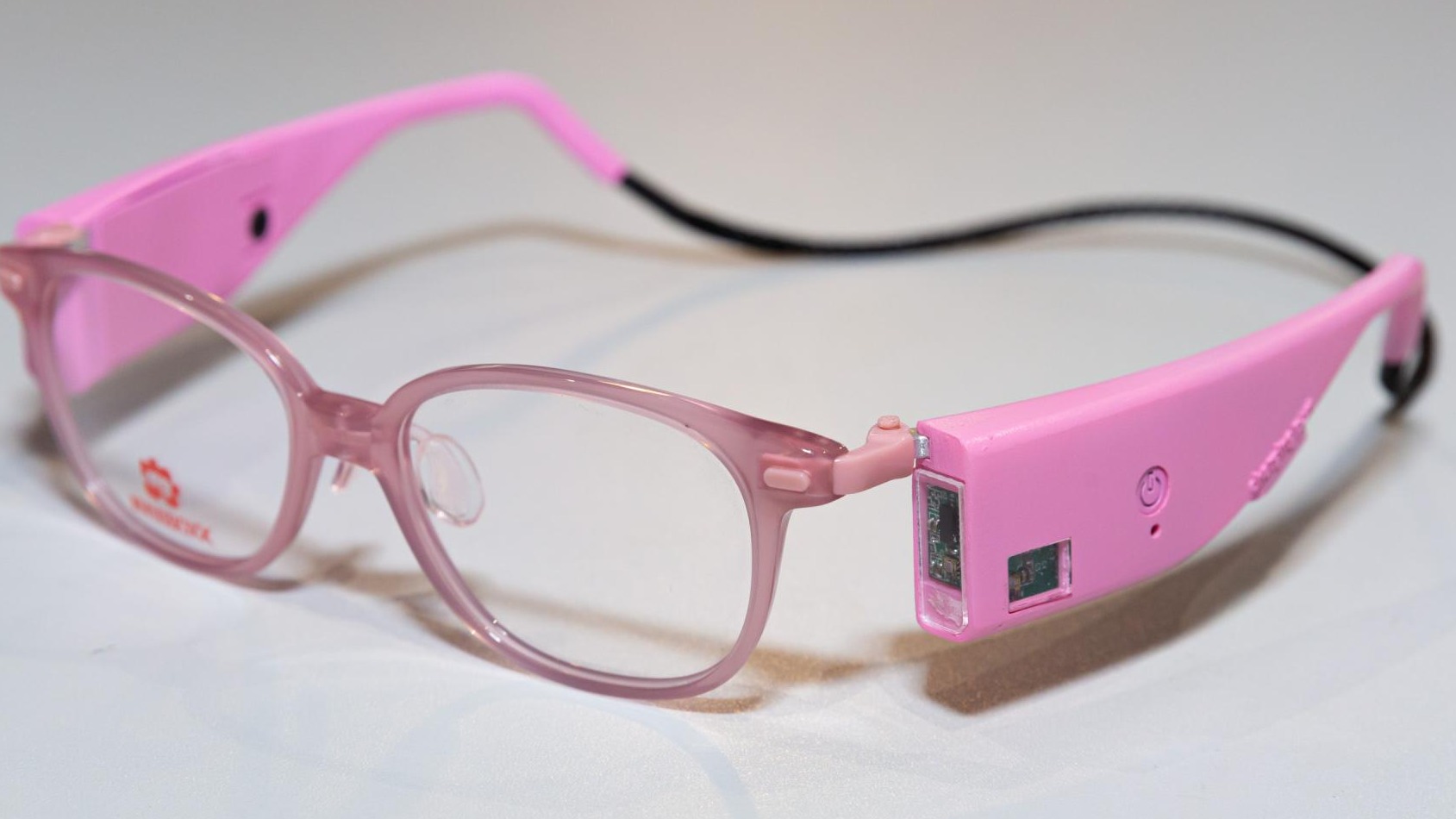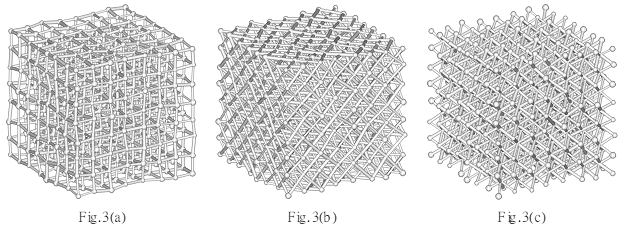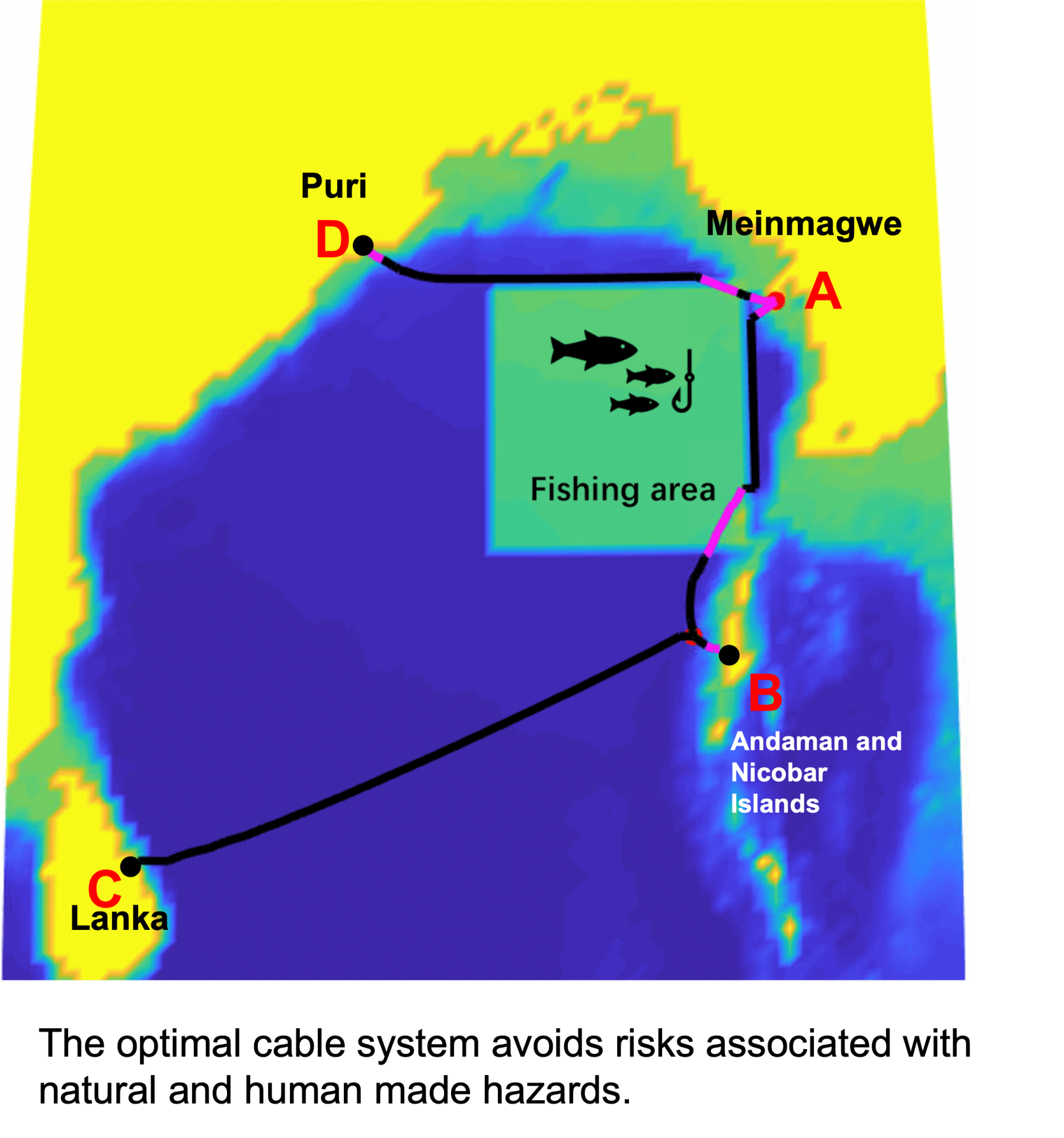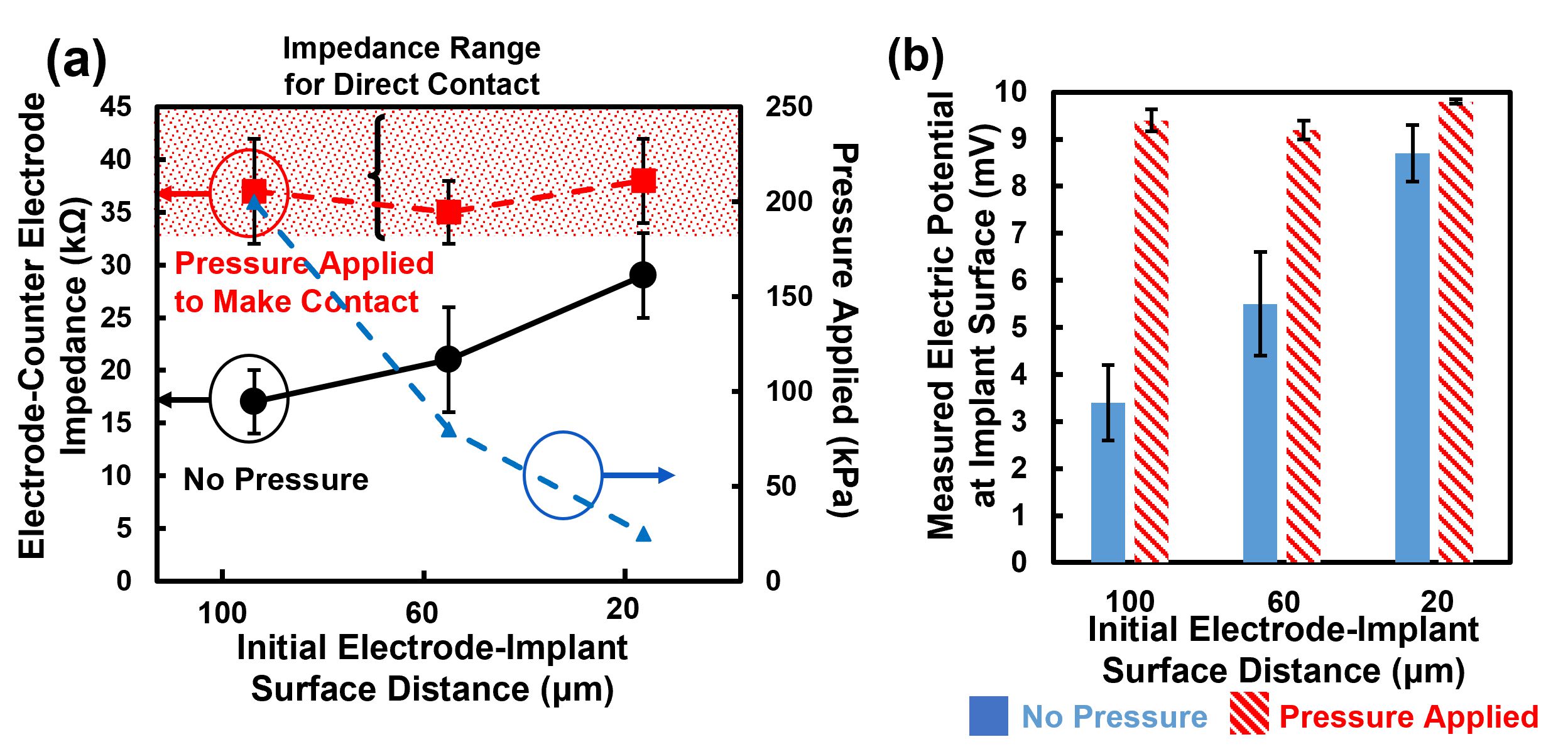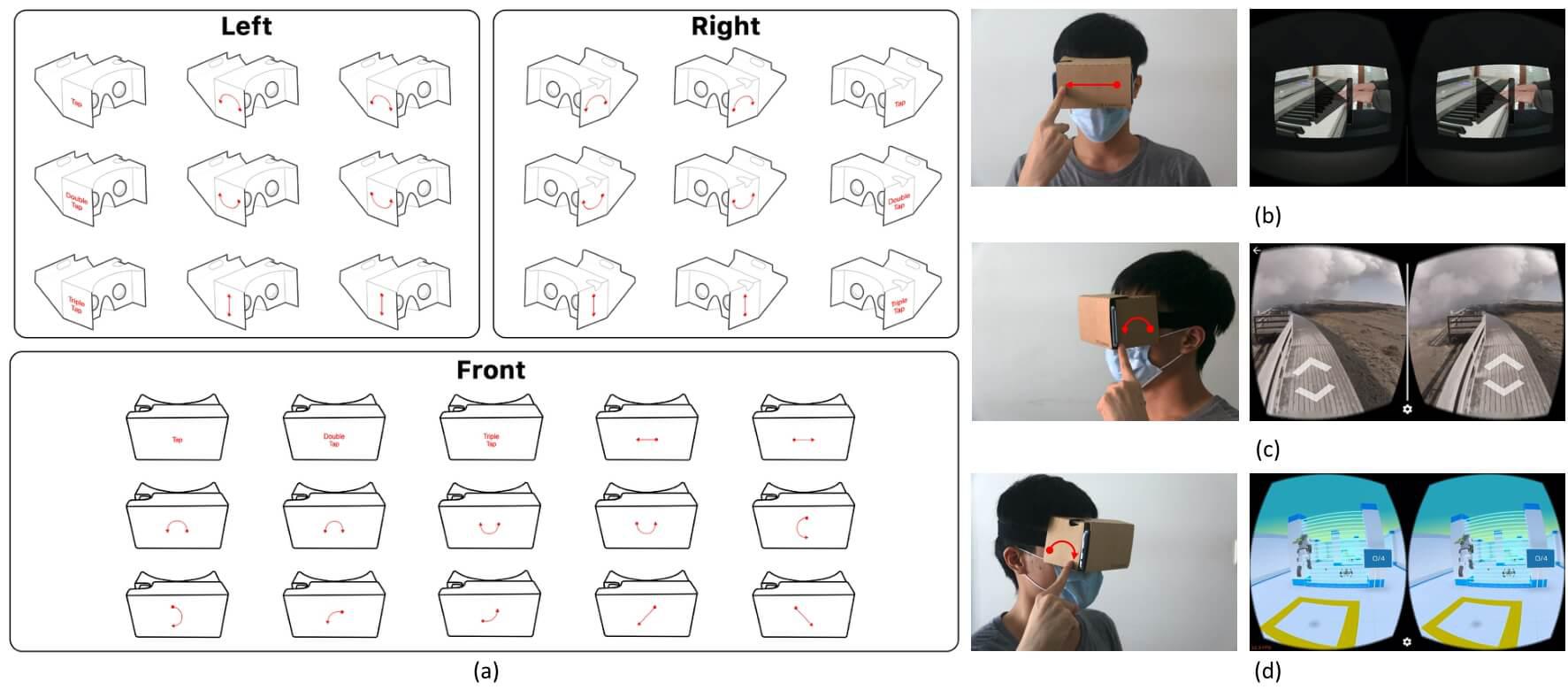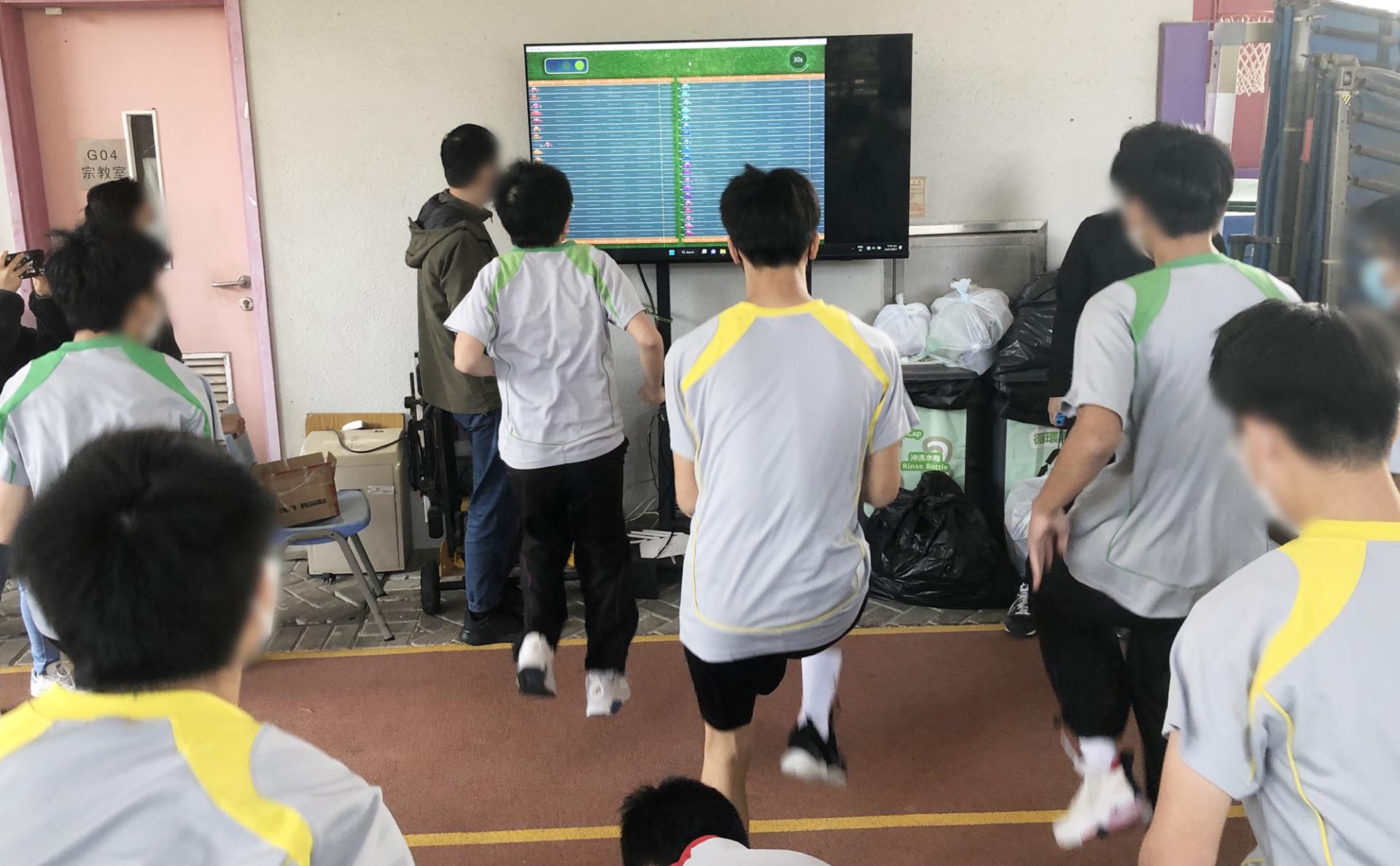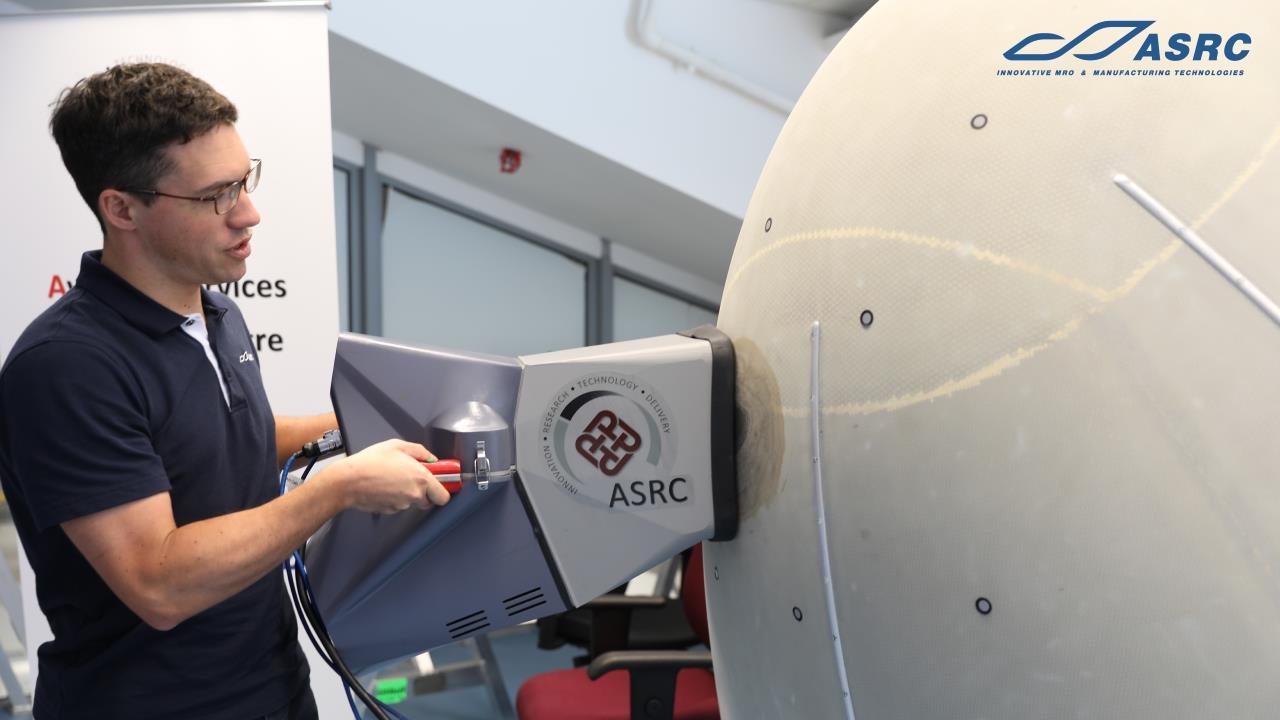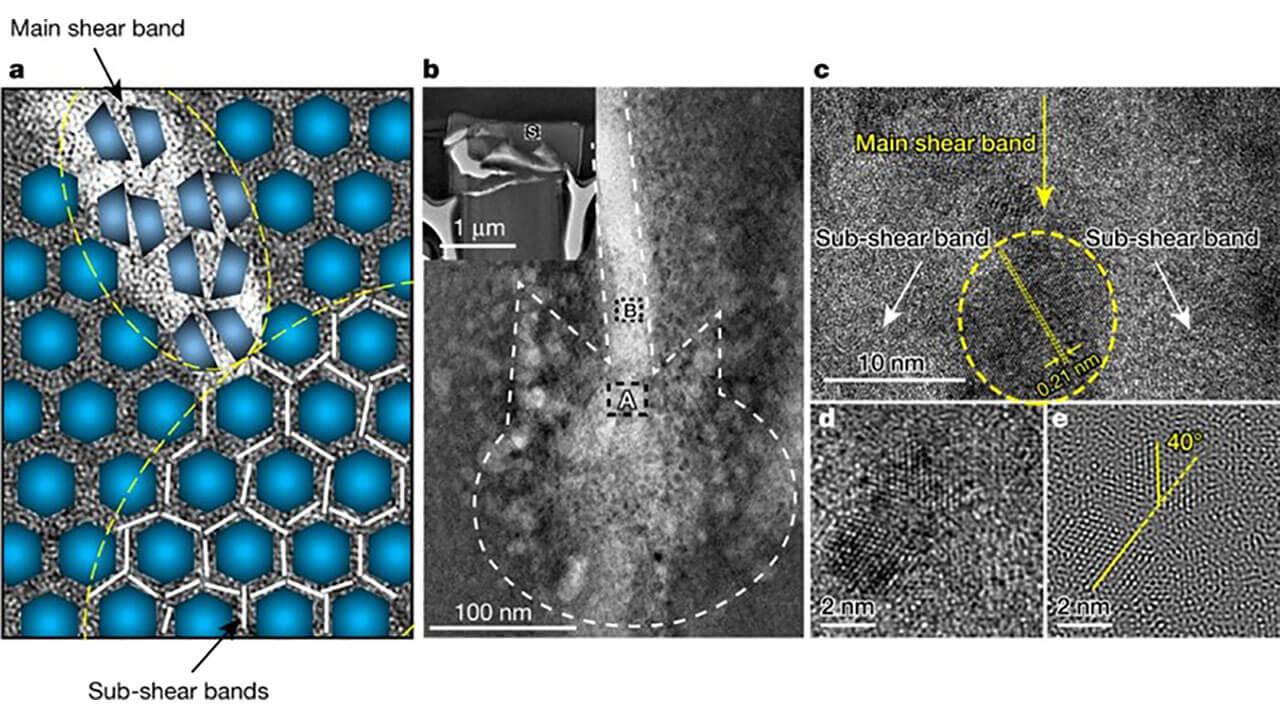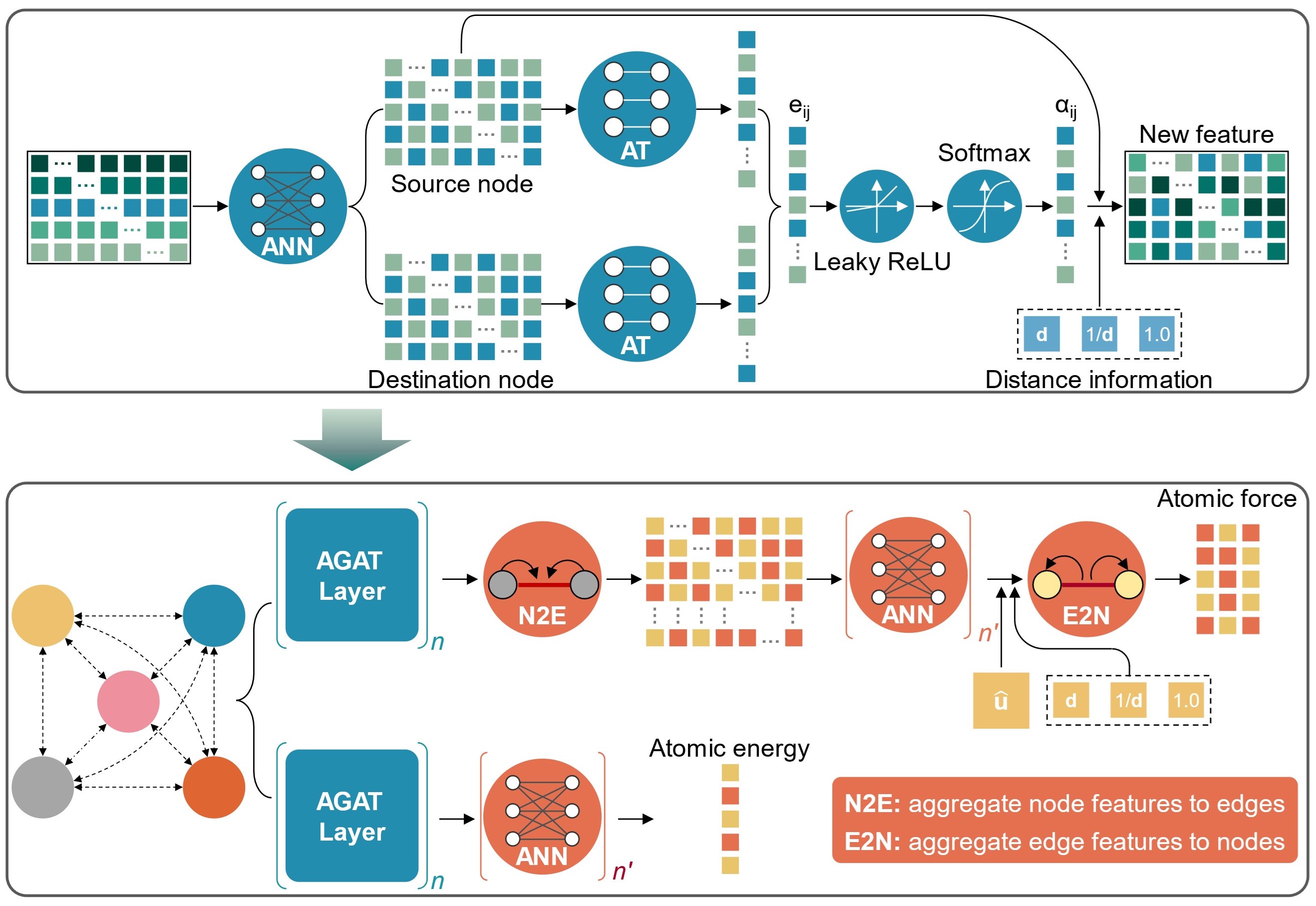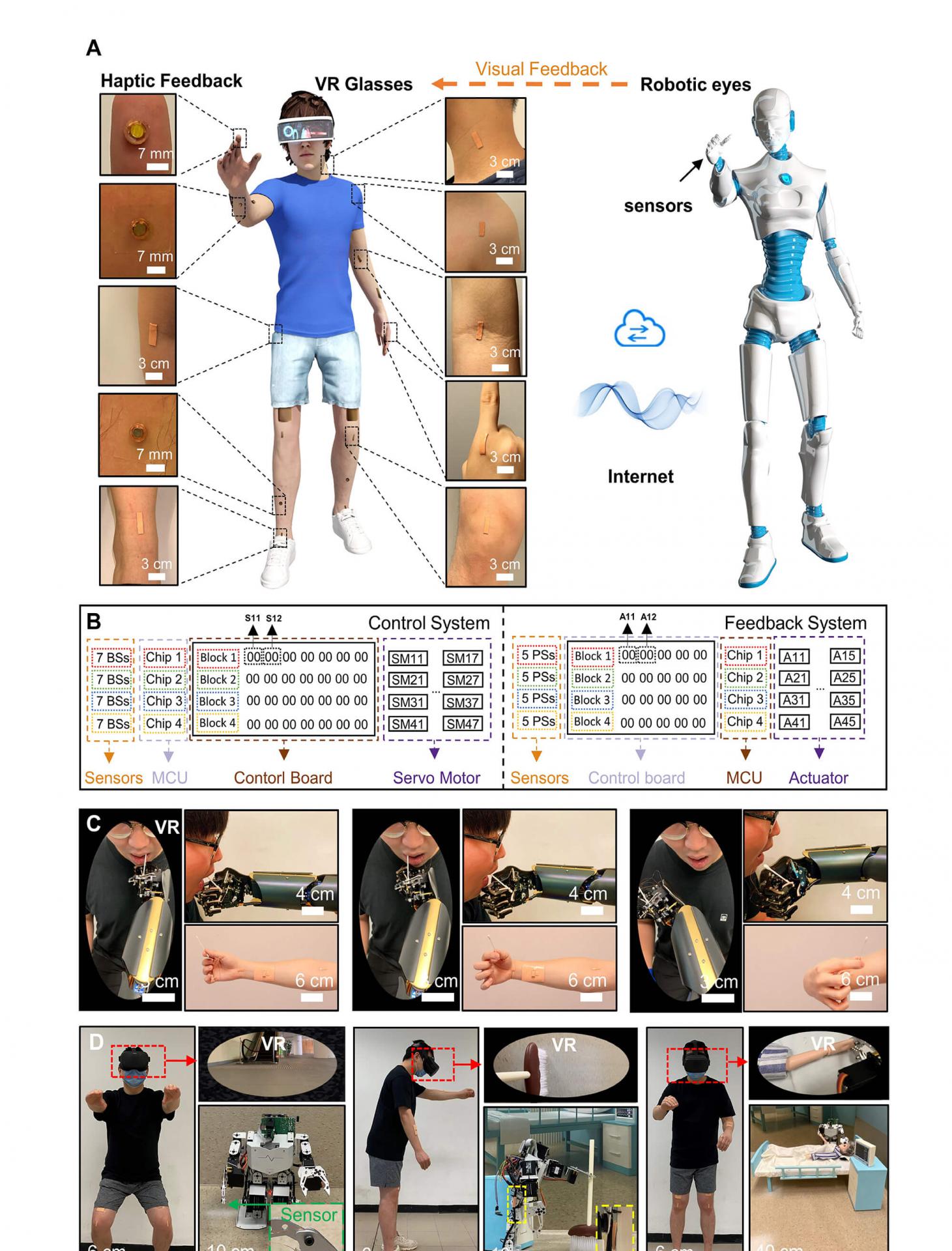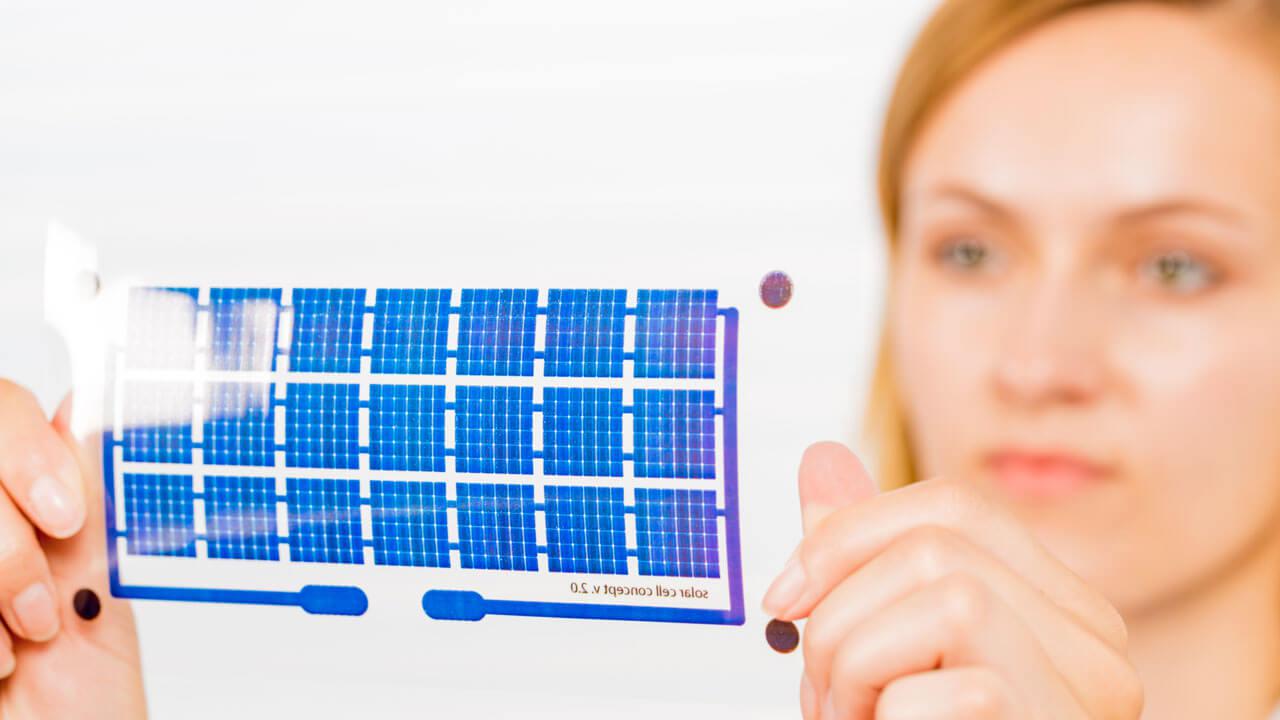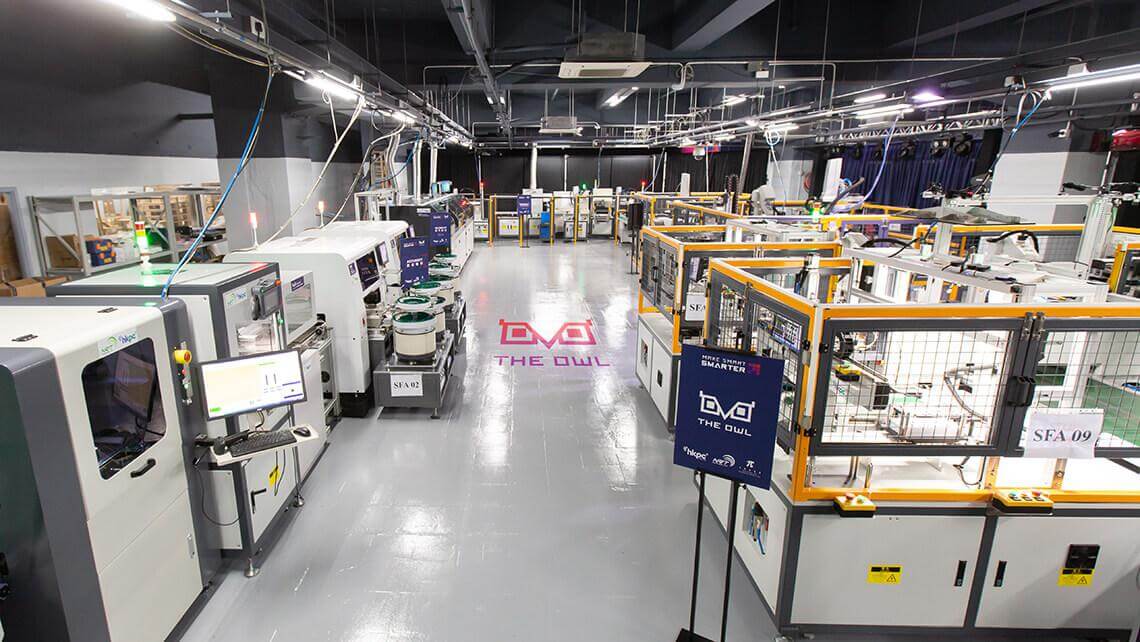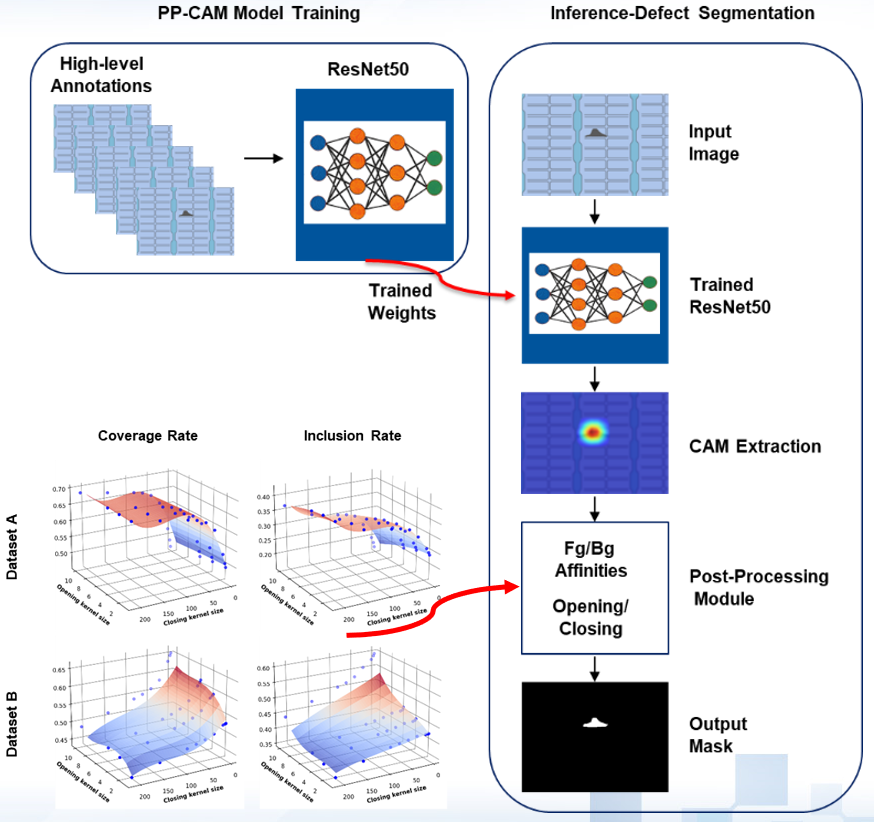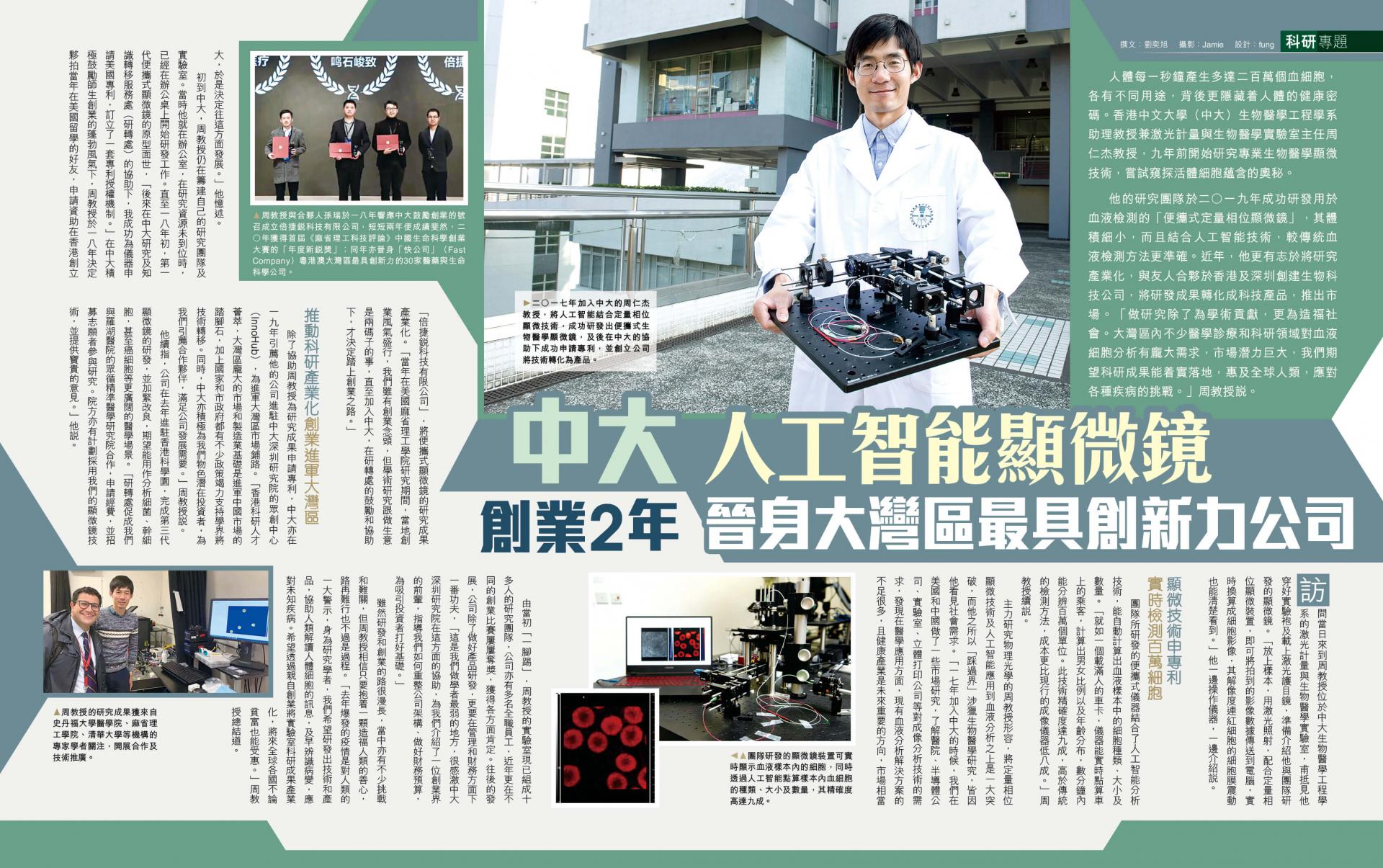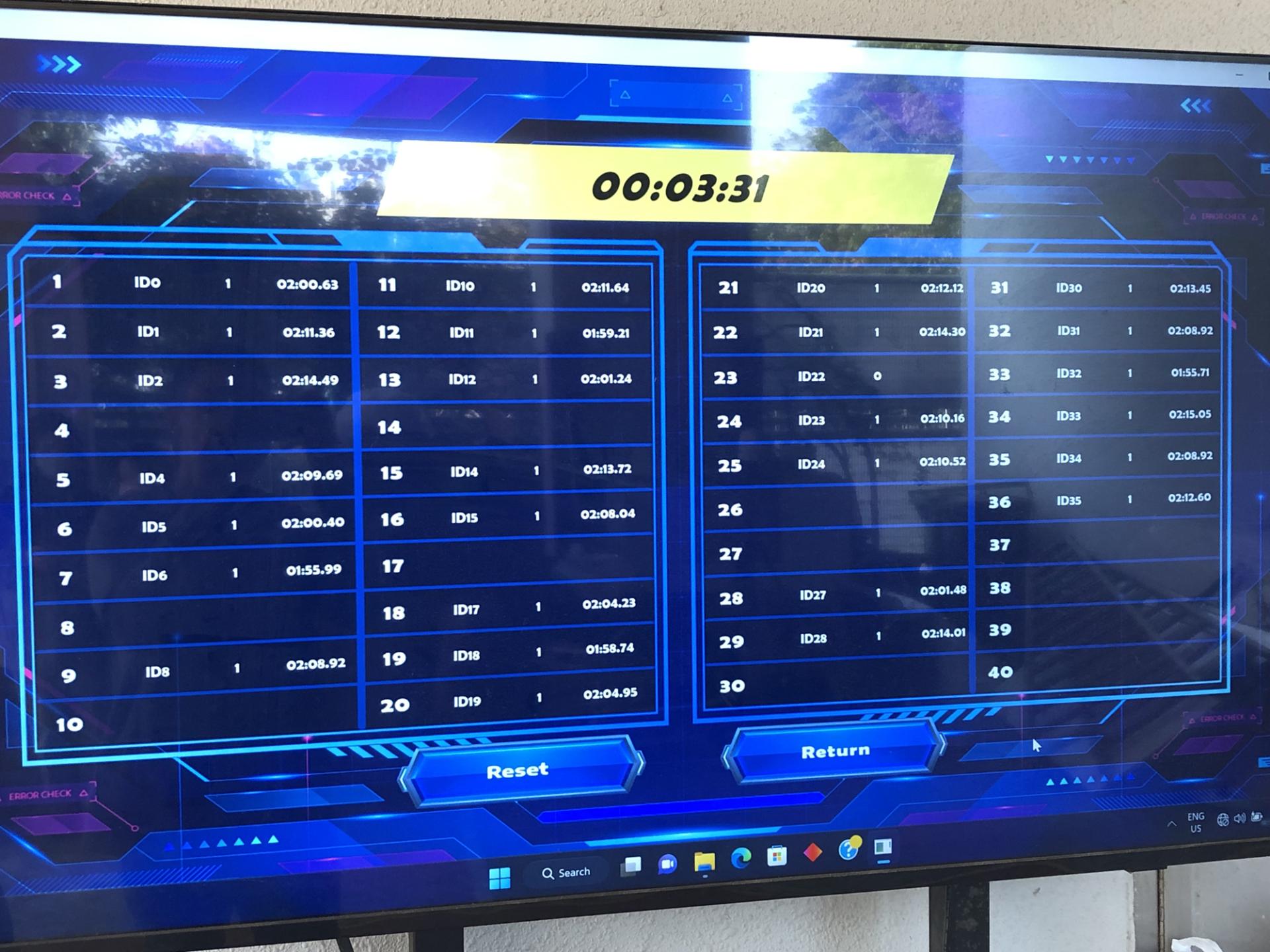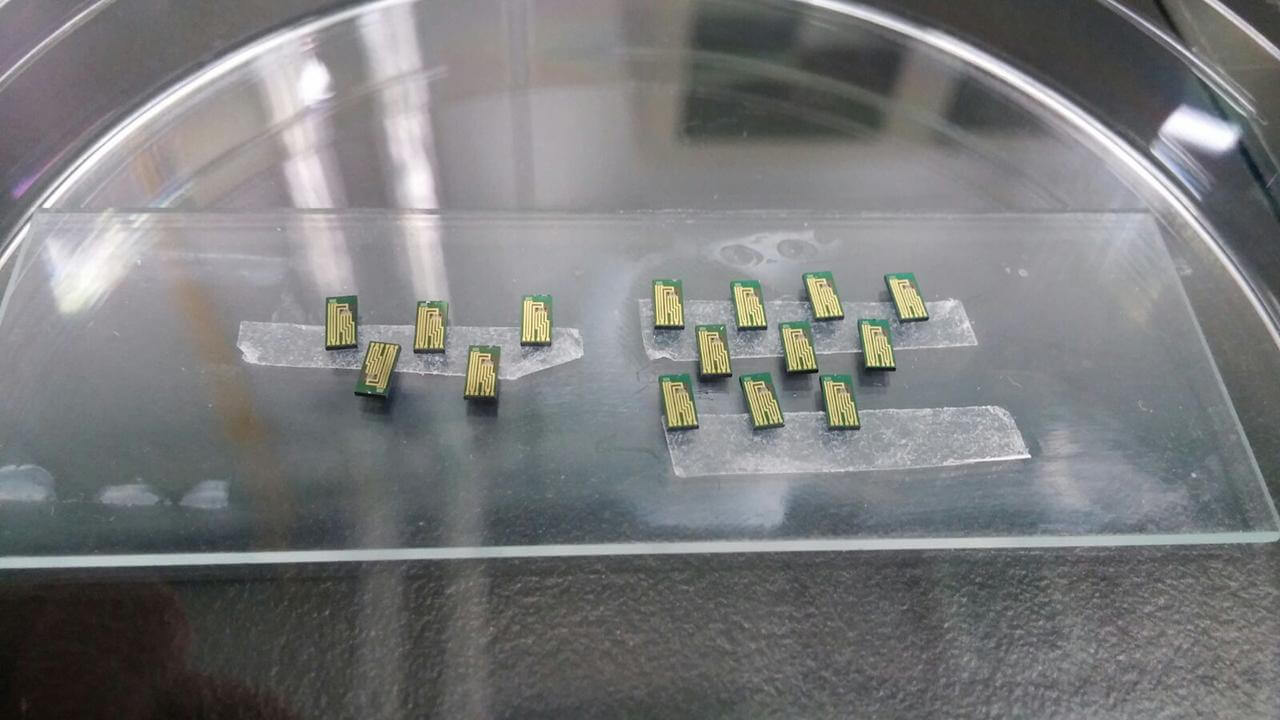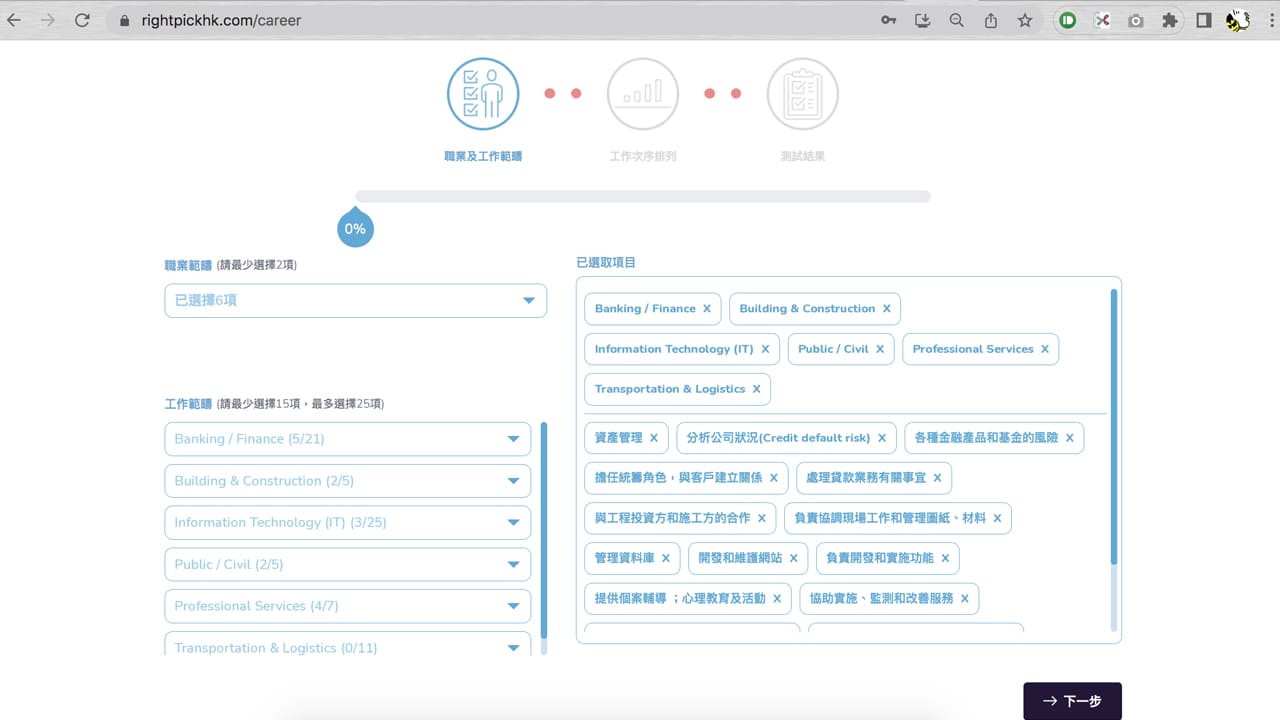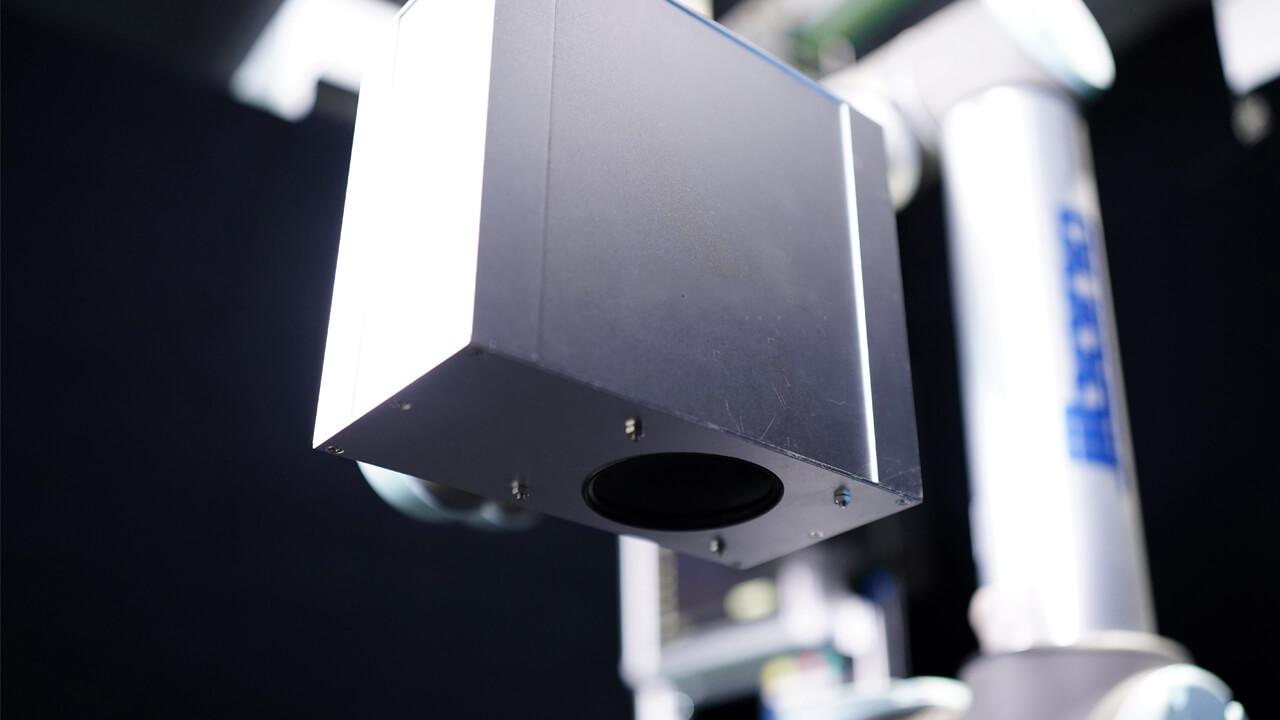
Light Field Microscope and 3D Imaging System
PolyU has developed a light field camera system based on microlens array technology that can transform a conventional optical microscope's 2D imaging capabilities into 3D imaging and volumetric 4D video. Using light field software, this system can reveal 3D depth information and output it to VR and glasses-free 3D displays.
Traditional stereomicroscopes, also known as binocular microscopes, use prisms to split the optical path and examine three-dimensional specimens. In contrast, this new type of light field microscope can capture multi-view 3D images and reveal depth information without the need to wear glasses. This system is suitable for 3D industrial automatic optical inspection and biomedical applications.
- While a digital camera can only capture 2D images, PolyU has developed a new plenoptic 3D camera system that can be mounted on a conventional optical microscope to capture multi-view 3D images with depth information. This microscope is suitable for use in 3D industrial automatic optical inspection or biomedical applications.
- Previously, microlens arrays were costly to manufacture. However, with technology developed at PolyU’s State Key Laboratory of Ultra-precision Machining Technology, microlens arrays can now be custom designed and manufactured. This technology allows for the production of high-precision microlens arrays from optical polymers or nanocomposite optical glass.
- PolyU has developed innovative software to display multiview 3D images and volumetric 4D videos, viewed on head-mounted units and glasses-free 3D displays. The software can analyse 3D profiles and depth information for use in industrial automatic optical inspections.
- Enables the widespread use of 3D visualisation on conventional light field microscopes at an affordable price.
- When using a traditional microscope at high magnification, the depth of view is significantly limited. This plenoptic camera system can extend the depth of field by a factor of approximately 10. Any object within the field of view can be refocused after shooting by processing the light field image.
- Can be used in STEM teaching to explain the principles of 3D optics and computational imaging.
- Can be extended and refined as a surgical microscope for glasses-free 3D display, enhancing both the viewing and precision of surgical operations.
- Gold Medal at the 44th International Exhibition of Inventions of Geneva and Prize of Association "Russian House for International Scientific and Technological Cooperation"
- 2018 HK Awards for industries: Equipment and Machinery Design Certificate of Merit
- Light field technology is an emerging technology in microscopy that enables the observation of micro and bio objects in multiview 3D. This technology can make STEM education more engaging and accessible for students.
- Metrology, microscope and clinical laboratories will be interested in the light field microscope to capture and analyse 3D images with depth information.
- Capturing and visualising small objects and microorganisms in 3D is a difficult task, with limited options available in the market. However, the light field microscope provides an alternative new way to acquire multiview 3D images and videos.
Patent
- CN110554495B
- CN108873302B
With over 80 years of proud tradition and ranking among the world’s top 100 institutions, The Hong Kong Polytechnic University (PolyU) aspires to be a leading university with world-class research and education.
PolyU is a home for educating thinkers, discoverers, innovators and communicators in delivering positive impact. We are committed to nurturing tomorrow’s leaders today, through a holistic education that provides graduates unrivaled placements to thrive in communities, industries and businesses.

